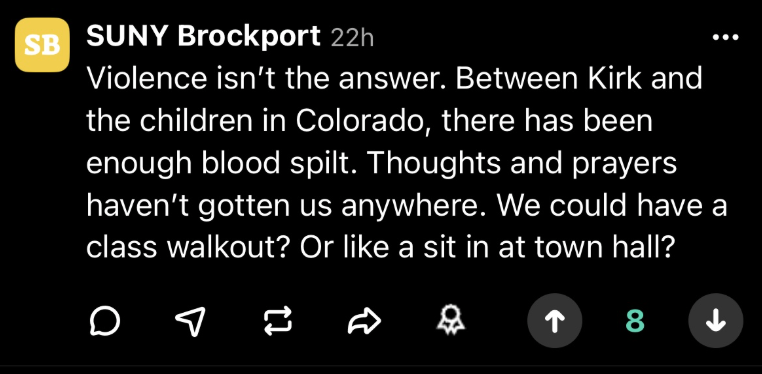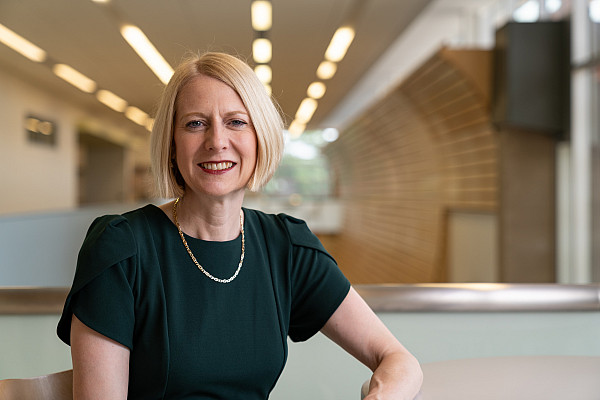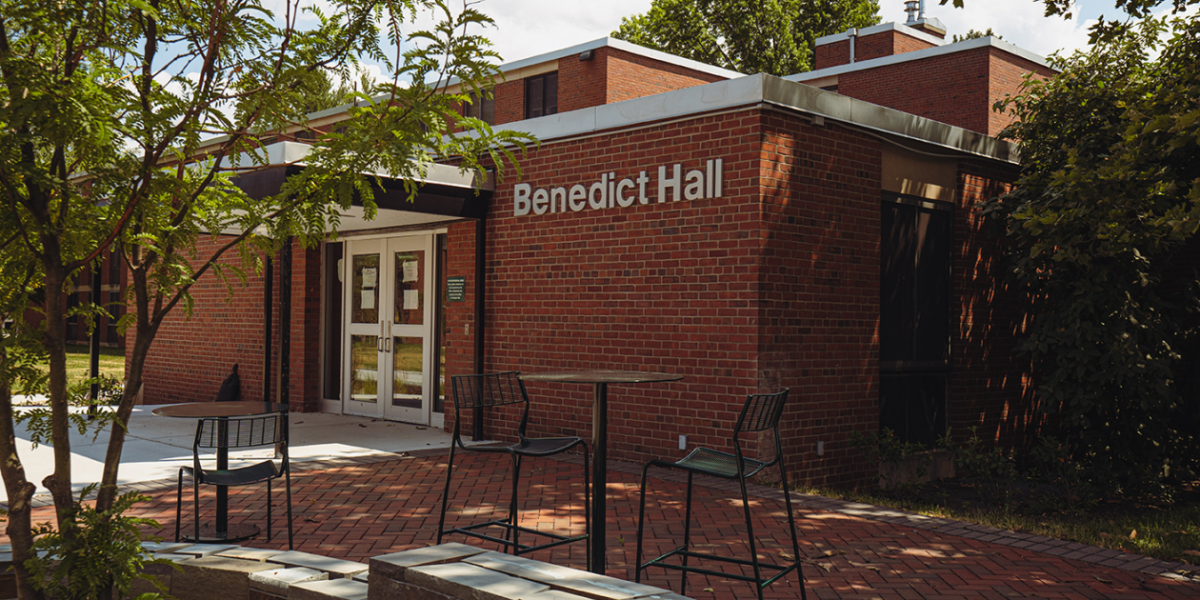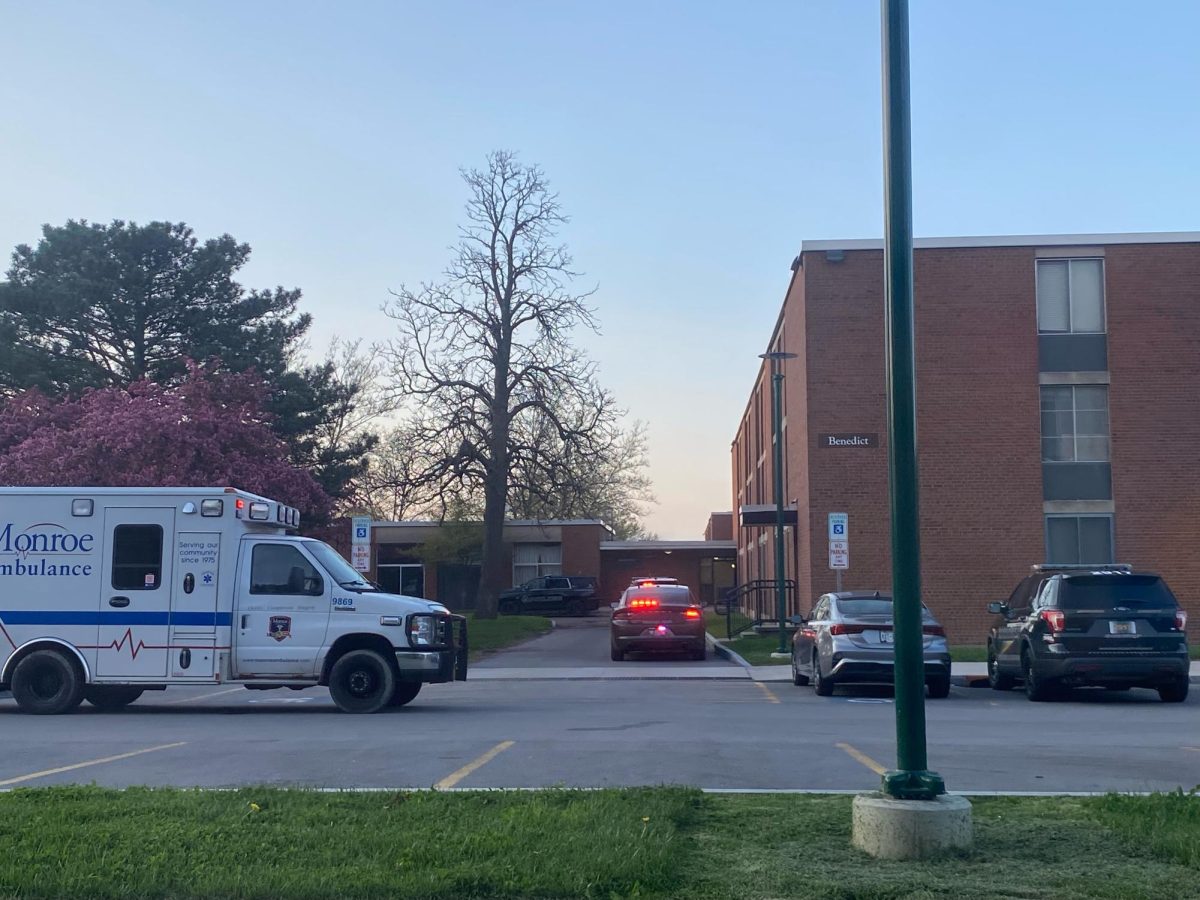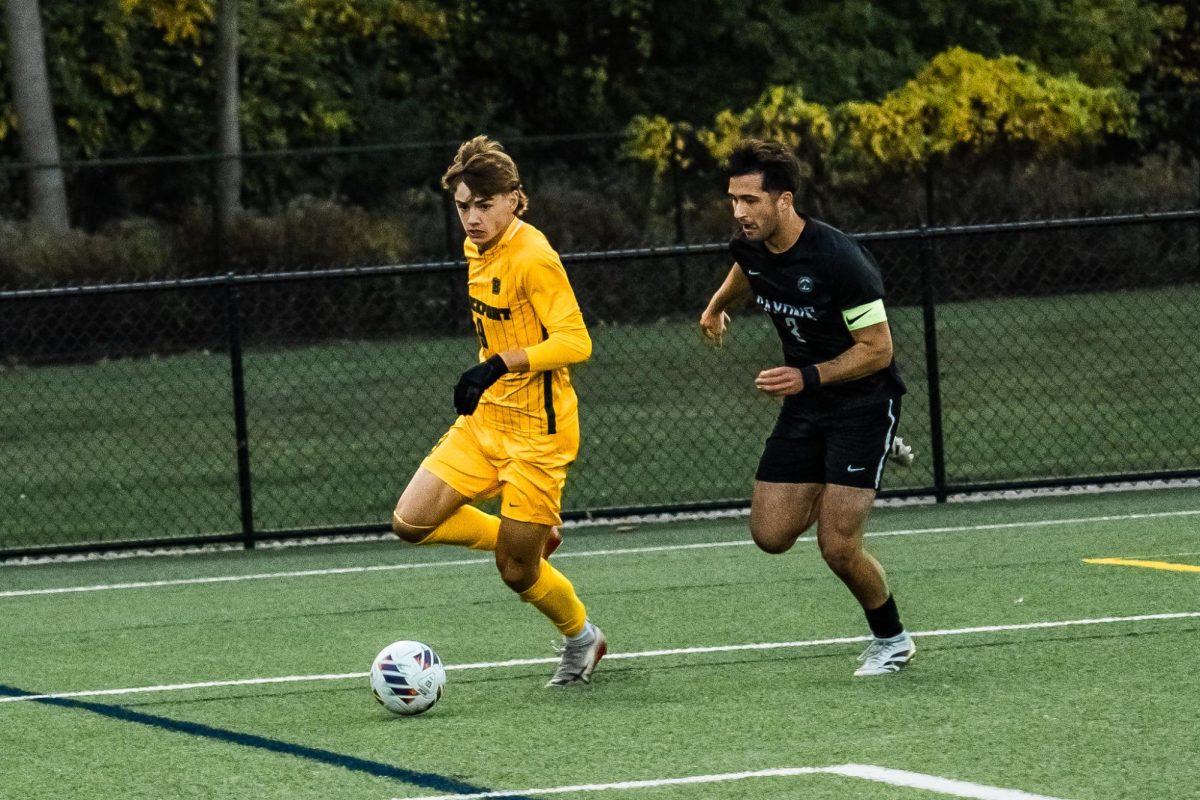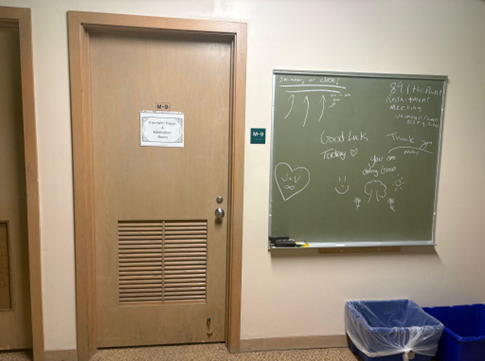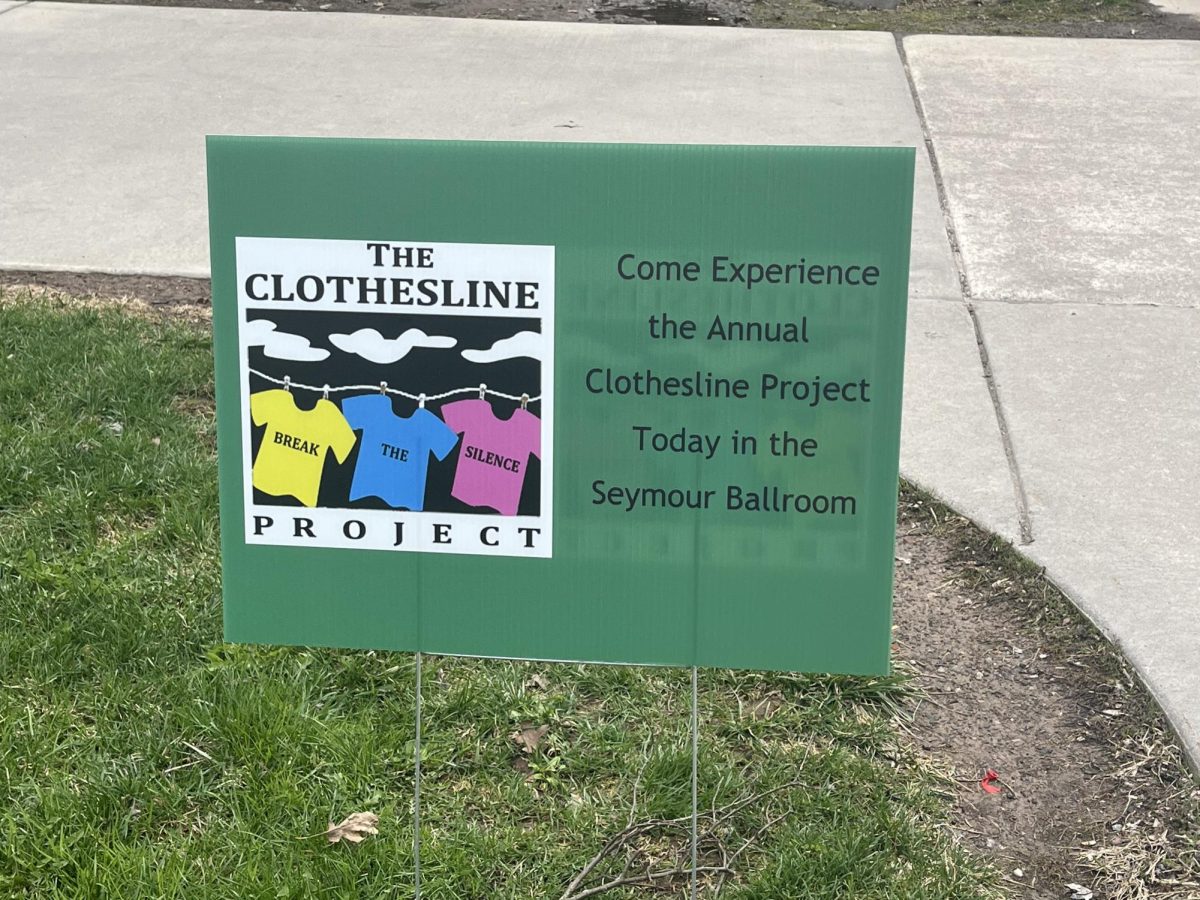National Eating Disorder Awareness Week, which runs from Feb. 27 to March 5, works to spread information and support for those struggling with eating disorders or disordered eating tendencies. While Anorexia Nervosa and Bulimia are the most known eating disorders, there are several other conditions that impact the lives of thousands every day.
This week provides support, visibility and growth for those struggling. Hazen Counseling Center Associate Director Darlene Schmitt helps define and describe what an eating disorder can look like.
“Disorders are made up of behaviors that become maladaptive and impact a person’s life in a negative way,” Schmitt said. “If somebody has an eating disorder, they are restricting how much they eat or they are taking extraordinary measures to limit caloric intake. Sometimes it could be to binge and purge. Essentially, the entire disorder is revolved around food and body image.”
While some individuals with disordered eating may exhibit a few of these tendencies, a diagnosed eating disorder typically involves several of these behaviors, taken to an extreme. This can result in noticeable loss in weight, hair and even the menstrual cycle.
Those suffering from an eating disorder like bulimia could have damage to their teeth or extreme bloating. These ramifications can be painful, both mentally and physically.
What drives a person to do this?
“People do it for many reasons,” Schmitt said. “They have obsessive compulsive tendencies and traits sometimes; they become fixated on control. If, for instance, someone grew up in a really chaotic or traumatic upbringing and had no control over their lives, one of the ways they can take back control is by restricting what they eat or controlling it.”
From an outside perspective, understanding one’s struggles with eating can be difficult. By bringing awareness to this topic and encouraging conversation, individuals can learn to recognize and support those struggling.
SUNY Brockport’s Delta Phi Epsilon works to open these conversations by holding discussions in the Seymour Union with the National Association of Anorexia Nervosa and Associated Disorder (ANAD).
Delta Phi Epsilon’s philanthropy president, Jillian Menzie, helps explain ANAD’s work.
“ANAD provides free peer-to-peer support for those struggling with eating disorders” Menzie said. “There is an ANAD Helpline, a peer mentorship program with one-on-one help from an ANAD mentor that has recovered from an eating disorder. There are 11 different support groups that can be attended virtually Monday through Friday.”
For students, attending a university can feel isolating and disorienting. Reaching out for help can feel like an impossible feat, but gaining the courage to reach out can be very beneficial.
“I did ask some of the other members of the sorority, and they said that having an eating disorder can almost consume every part of your life,” Menzie said. This can push others away sometimes and distract you from other important aspects of life. It can be a really hard mindset to get out of, so accepting help from others can be hard. I think that as students, advocating for ANAD and spreading body positivity and self-love on campus is extremely important. If we can make one person’s day better by sending them a compliment, making them smile or helping them embrace who they are, then we have accomplished something.”
National Eating Disorder Awareness week and the work done by ANAD leaves countless positive effects on society. By providing visibility and support to those with eating disorders or disordered eating, they can be encouraged to get the help they may need.

